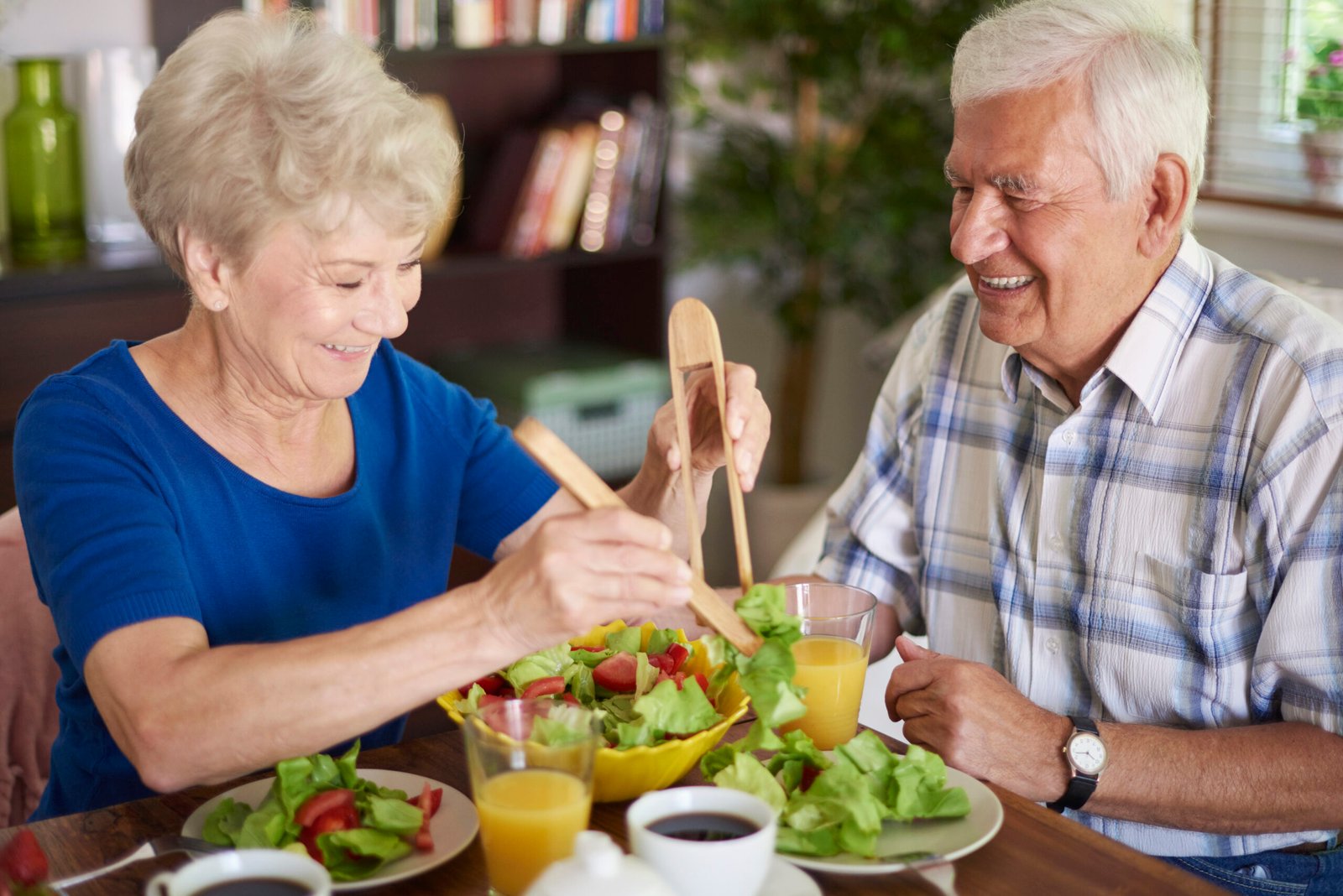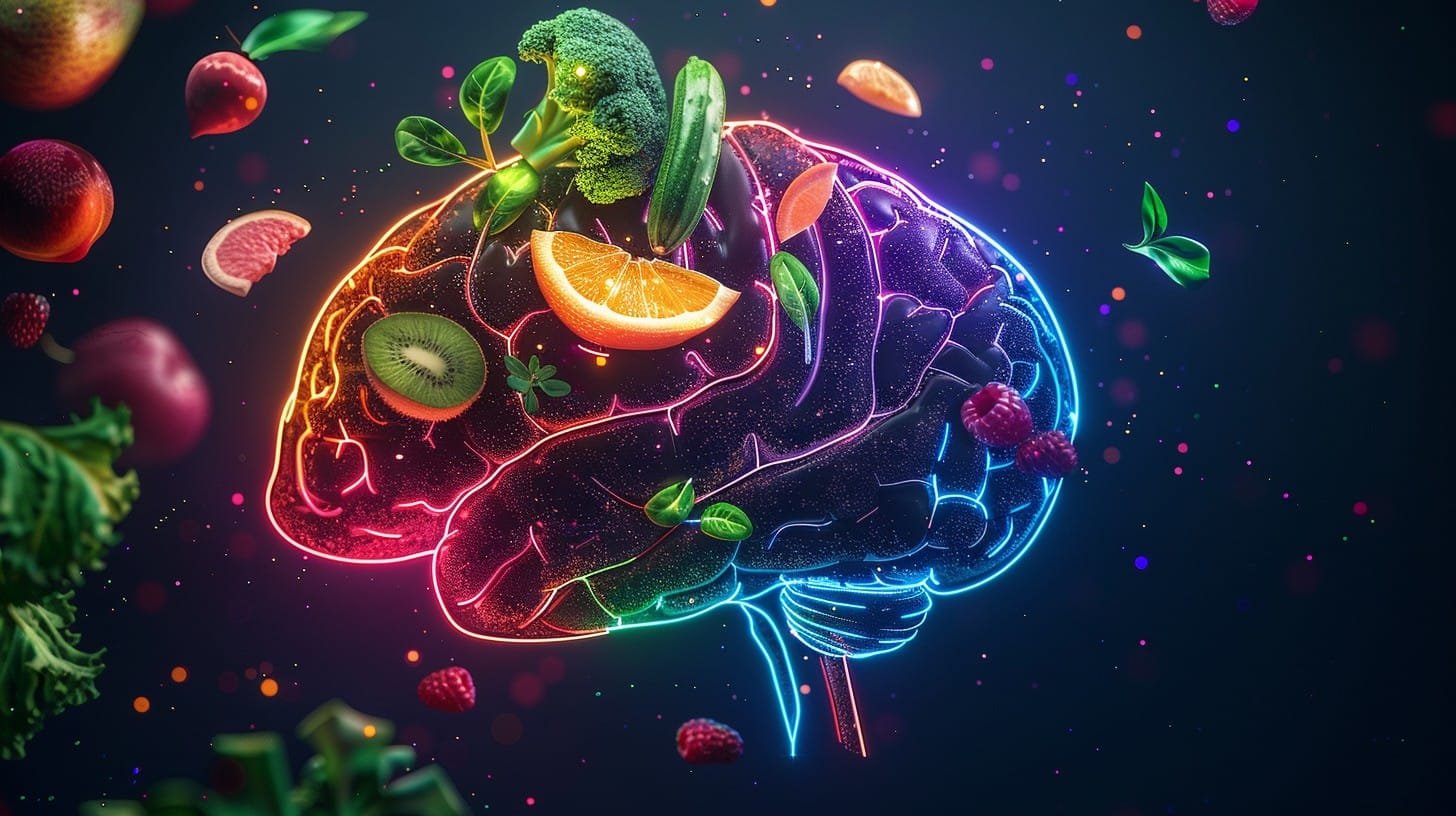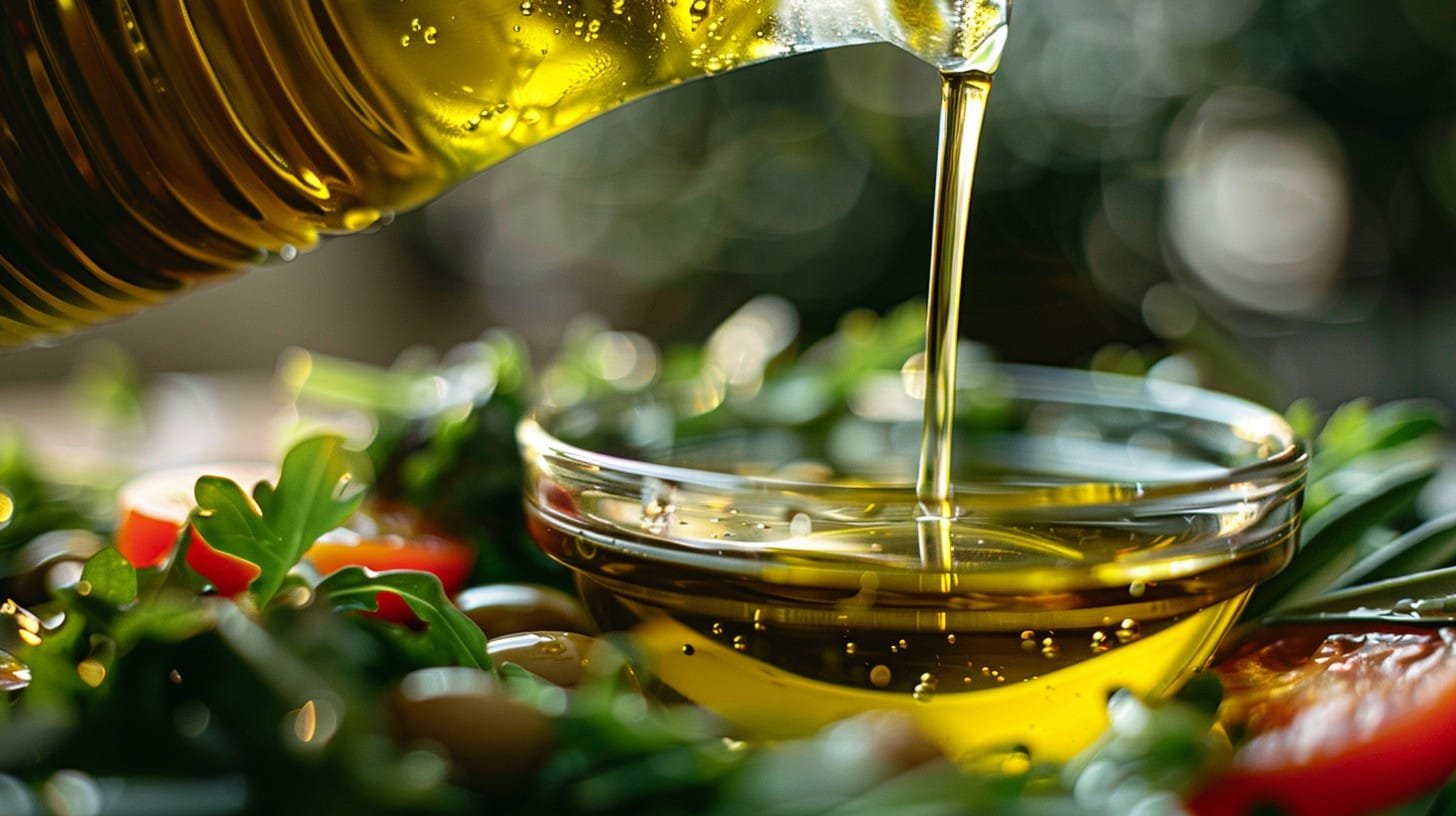The Importance of Hydration in Senior Nutrition
Proper hydration is essential in senior nutrition. As we age, maintaining good hydration becomes increasingly critical, especially for seniors. Proper hydration supports vital bodily functions, enhances cognition, and boosts energy levels—yet seniors are often at higher risk for dehydration. This guide dives into the importance of hydration for seniors, covering its benefits, risks of dehydration, practical hydration tips, and how nutrition plays a role.

Why Hydration Is Essential for Seniors
Hydration is crucial for everyone, but for seniors, it takes on added significance. Aging naturally brings physical changes that increase the risk of dehydration:
- Reduced Thirst Sensation: Older adults often experience a diminished sense of thirst, leading them to drink less even when their body needs fluids.
- Lower Water Reserves: The body’s water content decreases with age, reducing the ability to cope with dehydration.
- Medical Conditions and Medications: Many seniors manage chronic conditions or take medications that may act as diuretics, leading to increased fluid loss.
- Physical Limitations: Limited mobility can make it harder for seniors to access water regularly, affecting their hydration routine.
These factors mean that seniors need to be proactive about hydration to maintain optimal health.
Health Benefits of Proper Hydration in Senior Nutrition
Hydration plays a vital role in various aspects of health, from cellular function to mental clarity. Below are some key benefits of proper hydration in Senior Nutrition:
- Cognitive Function: Staying hydrated helps maintain mental sharpness and focus. Dehydration can lead to confusion, irritability, and even memory issues, which are particularly concerning in seniors.
- Energy Levels: Water is essential for transporting nutrients and oxygen to cells. Hydration keeps energy levels steady, reducing fatigue and enhancing overall vitality.
- Joint and Muscle Health: Proper hydration helps lubricate joints, reducing discomfort and improving mobility. Seniors, who may already face joint and muscle stiffness, benefit greatly from consistent hydration.
- Heart Health: Water supports blood volume, aiding in blood pressure regulation. Inadequate hydration can strain the heart and exacerbate blood pressure issues common in older adults.
- Digestive Health: Hydration is critical for digestion and helps prevent constipation, a common issue among seniors.
In short, proper hydration impacts nearly every bodily system, helping seniors feel and function at their best.
Risks of Dehydration in Seniors
Dehydration is a serious risk, particularly for seniors, and can lead to complications if not addressed. Some signs and potential consequences of dehydration in seniors include:
- Confusion and Disorientation: Dehydration impacts cognitive clarity, sometimes mimicking dementia symptoms.
- Urinary Tract Infections (UTIs): Without enough fluids, urine becomes concentrated, increasing the risk of UTIs—a common health concern for seniors.
- Kidney Stones and Kidney Health Issues: Dehydration strains the kidneys and increases the risk of kidney stones and other renal issues.
- Heat Stroke: Seniors are more vulnerable to heat exhaustion and heat stroke, particularly during warm months or in warmer climates, due to their body’s decreased water reserve.
- Electrolyte Imbalance: Severe dehydration can lead to an imbalance in electrolytes, affecting heart rhythm and muscle function.
Understanding these risks can motivate seniors and their caregivers to prioritize hydration and make it a part of their daily routine.
Practical Hydration Tips for Seniors
Maintaining a healthy hydration routine doesn’t have to be complicated. Here are some practical and senior-friendly tips to help ensure adequate water intake:
- Carry a Reusable Water Bottle: Having water within reach can serve as a reminder to drink throughout the day.
- Add Flavor to Water: Infusing water with fresh fruits, herbs, or a splash of natural juice can make hydration more appealing.
- Use Hydration Apps or Reminders: For tech-savvy seniors, hydration apps or even simple phone reminders can prompt them to take a sip regularly.
- Consume Hydrating Foods: Fruits and vegetables like cucumbers, watermelon, oranges, and strawberries have high water content, offering a tasty hydration boost.
- Opt for Smaller, Frequent Drinks: Drinking small amounts of water frequently may be easier than large glasses all at once.
- Try Herbal Teas: Herbal teas are a hydrating and flavorful alternative to plain water, especially when enjoyed warm during colder months.
By incorporating these tips, seniors can establish a more consistent hydration routine that suits their lifestyle.
Nutritional Considerations: Foods That Support Hydration
A balanced diet can complement hydration efforts. Certain foods not only offer nutrients but also help maintain fluid levels in the body. Here’s a look at some top hydrating foods:
- Cucumbers (96% water): Great for snacking, cucumbers are low in calories and hydrating.
- Watermelon (92% water): Besides hydration, watermelon provides antioxidants beneficial for heart health.
- Oranges (86% water): Citrus fruits offer vitamin C, fiber, and hydration, making them perfect for seniors.
- Soup and Broth: Low-sodium soups or broths can be especially comforting for seniors, providing hydration and nutrients in one bowl.
- Yogurt: Packed with probiotics, yogurt helps with hydration and digestive health. Greek yogurt offers a good source of protein, too.
These foods can make meals more hydrating and nutritious, offering seniors a flavorful way to support their hydration.
Final Thoughts on Hydration and Senior Health
For seniors, staying hydrated is an essential yet sometimes overlooked part of overall health. Simple habits like drinking water regularly, incorporating hydrating foods, and watching for signs of dehydration can make a profound difference. Whether by keeping a bottle nearby, adding more fruits and vegetables to meals, or setting regular reminders, seniors can ensure they meet their hydration needs to support cognition, energy, heart health, and overall vitality.
Promoting hydration can also become a shared goal between seniors and caregivers, creating a positive environment focused on wellness. By understanding the role of hydration in senior nutrition and taking proactive steps, seniors can feel more energized, think more clearly, and maintain their health as they age gracefully.
Read More: Nutritional Needs of Seniors: A Comprehensive Guide








